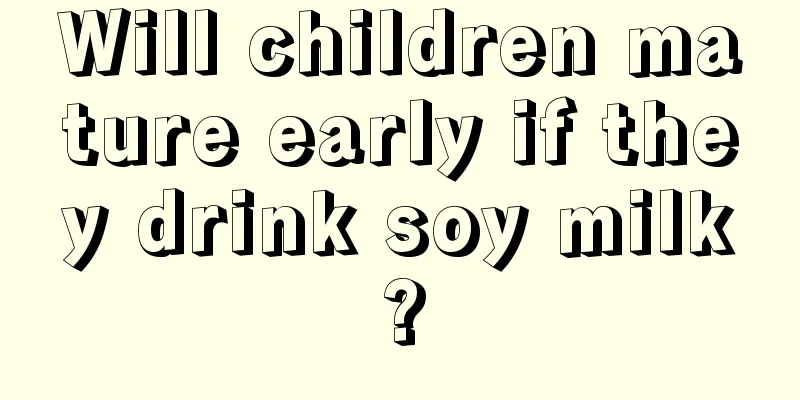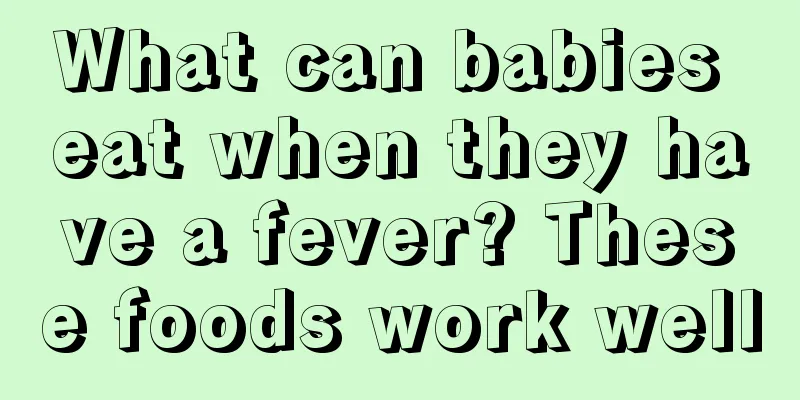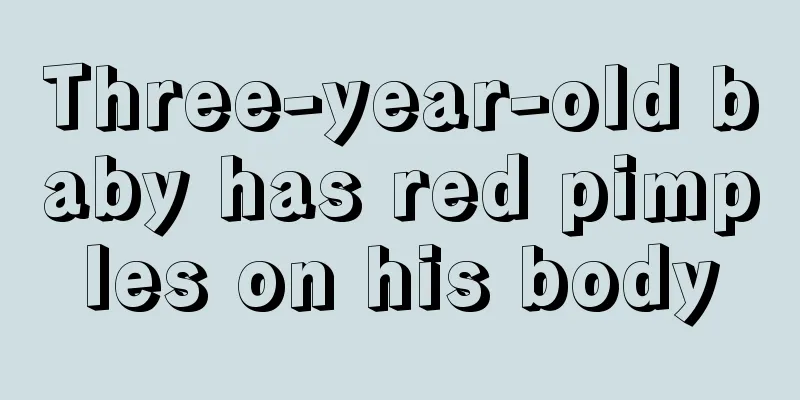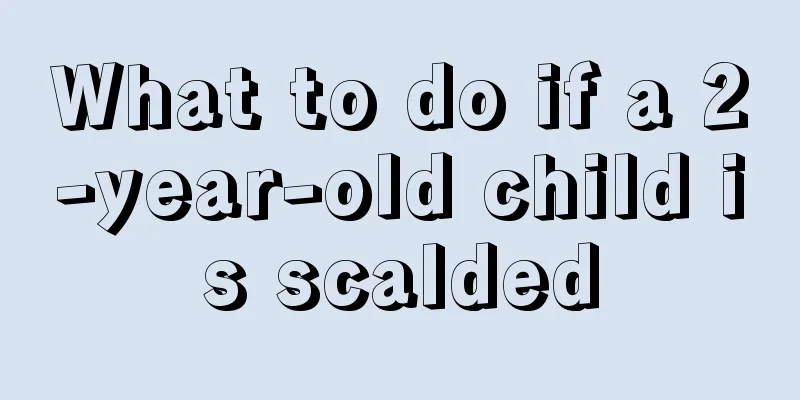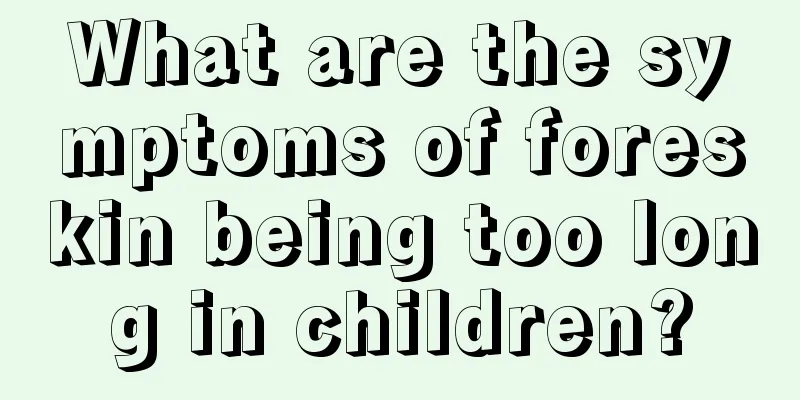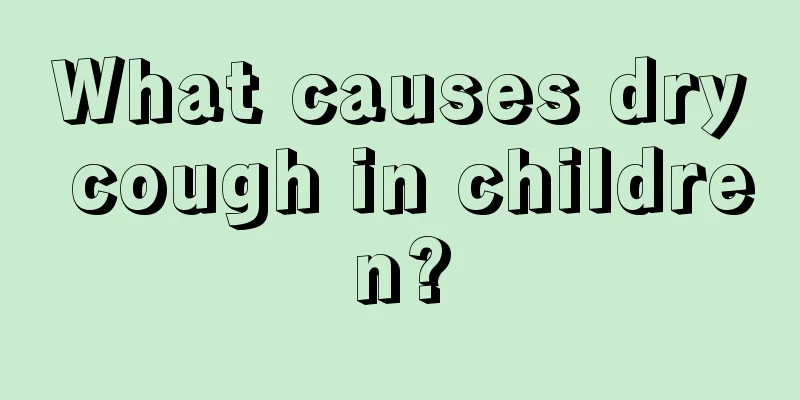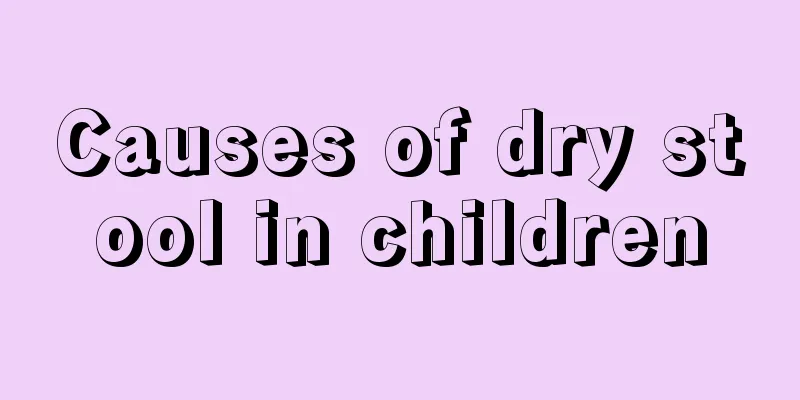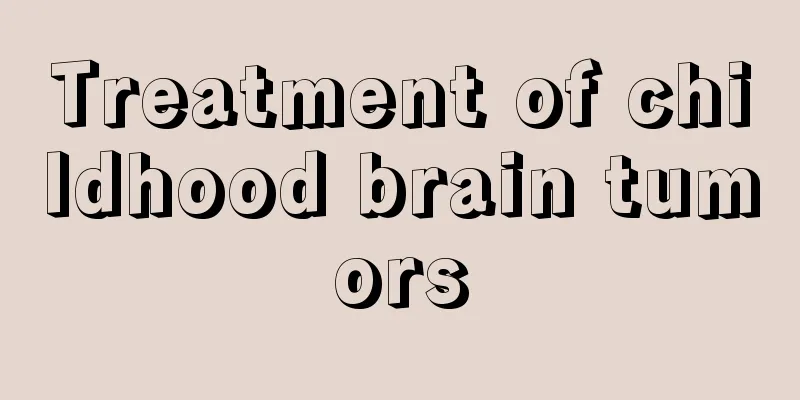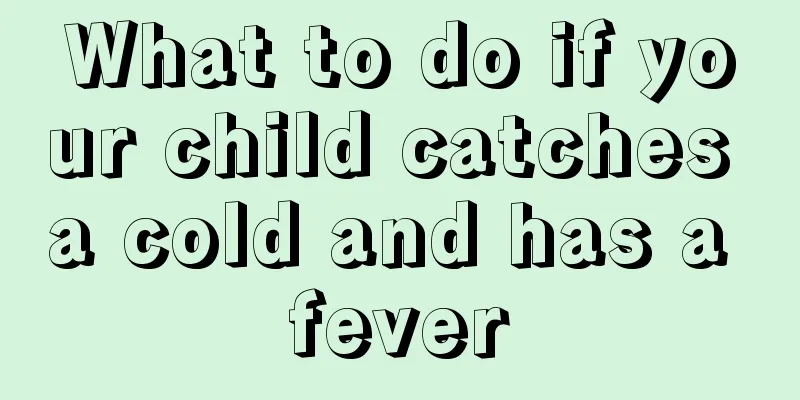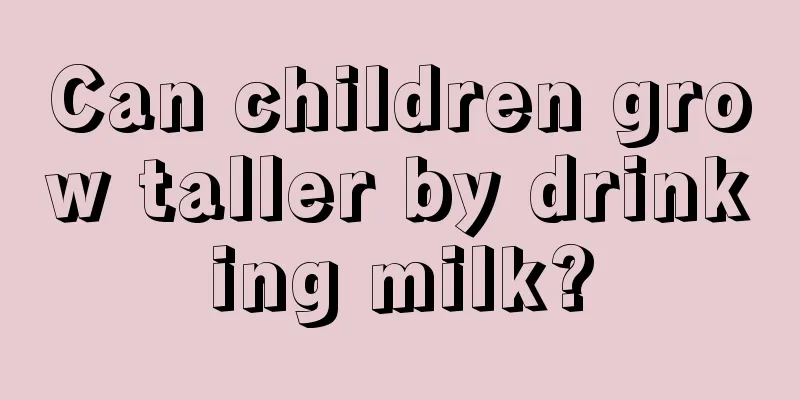What to do if your child suddenly complains of a headache
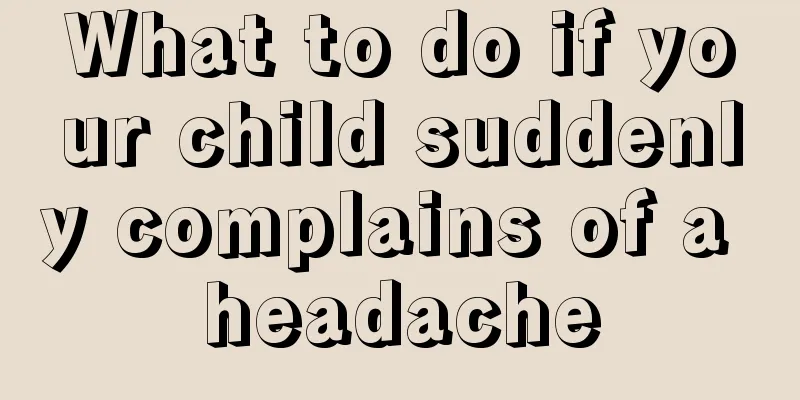
|
Children are still in the early stages of physical development, and their body functions are not yet perfect, so any disease that does not seem serious may cause great harm to children. Many parents report that their children often complain of headaches. Parents must ask their children in time and take them to the hospital for examination. So, what should we do if a child suddenly says he has a headache? 1. What causes a sudden headache in children? If a child suddenly shouts that he has a headache and then stops feeling pain immediately, it may be frontal sinusitis, cerebral vasospasm, neuralgia, or symptoms of a cold. If the pain is severe, it is best to go to the hospital for a brain CT scan, frontal sinus X-ray, and blood routine check, and provide symptomatic treatment based on the test results. You can also take azithromycin granules, Yuanhu analgesic tablets, and Qianbai rhinitis tablets for a period of time for treatment. 2. Symptoms of headache in children 1. Acute headache: This situation is often characterized by a sudden and obvious headache, but the pain only occurs once and will not recur. The pain can be spread throughout the head or localized in one area, and is sometimes accompanied by other symptoms such as fever, nausea, and vomiting. Acute headaches are mostly caused by a certain reason or disease, such as fever, bruise, toothache, meningitis, etc. Once the cause is eliminated, the headache will also disappear and will not recur in the future. 2. Acute recurrent headache: refers to headaches that occur again and again. Each headache lasts for several hours to several days. The headache can be mild or severe, and sometimes it is accompanied by symptoms such as nausea, vomiting, blurred vision, and abdominal pain. After the headache disappears, there will be no more uncomfortable feeling, but the headache will reappear in the future. Migraine is the most common example. 3. Chronic headache: Chronic headache means that the pain exists every day, but the pain is not severe. It is just a dull pain every day and feels uncomfortable, but the headache does not get worse. Children with this kind of headache often suffer from depression, sadness and other problems, which are mostly caused by study pressure, interpersonal relationships or other psychological problems. 2. How to deal with headaches in children If this is the first time the headache occurs, especially if it is accompanied by high fever, vomiting, stiff neck, photophobia and other symptoms, you must be careful. It is best to immediately ask a professional doctor to check to determine whether the headache is caused by a serious disease such as a brain tumor or encephalitis. If any of these diseases are suspected, you will be hospitalized for further examination. If it is determined to be a benign headache, no further testing is needed. In fact, most of the headaches in children are benign and can be treated with ordinary painkillers. When a headache first occurs, you can give your child some water or some snacks such as biscuits, or take him outdoors to play in the fresh air for a while to see if it will get better. |
<<: How to tell if a child is okay after a fall
>>: What does convulsion mean?
Recommend
Can children eat fish when they have a cold and fever?
Children are particularly prone to fever caused b...
How to make delicious baby butterfly noodles
After the baby has been drinking breast milk for ...
Red mark on the child's forehead
Some parents will accidentally find that their ch...
Is it poisonous when a child bites you?
In real life, some people are accidentally bitten...
Can epilepsy in children be cured?
Epilepsy is a very common disease in daily life. ...
What to do if blisters appear on baby's feet
I believe that many friends will feel uncomfortab...
8-year-old child with blood in stool
The most common cause of bloody stools in eight-y...
What are the reasons for a baby's red buttocks?
Children's skin is relatively delicate. If it...
What can children eat to grow taller?
When children are short and not growing taller, m...
There is a white spot on the child's face
If a child has a white patch on his face, this is...
Baby screaming loudly
When babies are young, they cannot speak, so thei...
What should I do if my baby has blue veins on the bridge of his nose? These methods deal with
Some mothers find blue veins on their baby’s nose...
What are the symptoms of intellectual disability in children?
When children's bodies are developing and sho...
Is it useful to drink millet soup for babies with constipation? How to treat constipation in children?
Babies are in the early stages of development, an...
Why does my baby always wake up when sleeping at night?
Babies often cry and make a fuss at night. If the...
